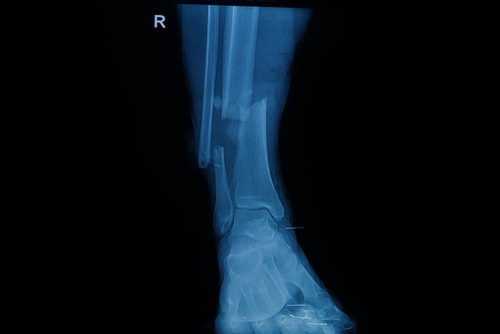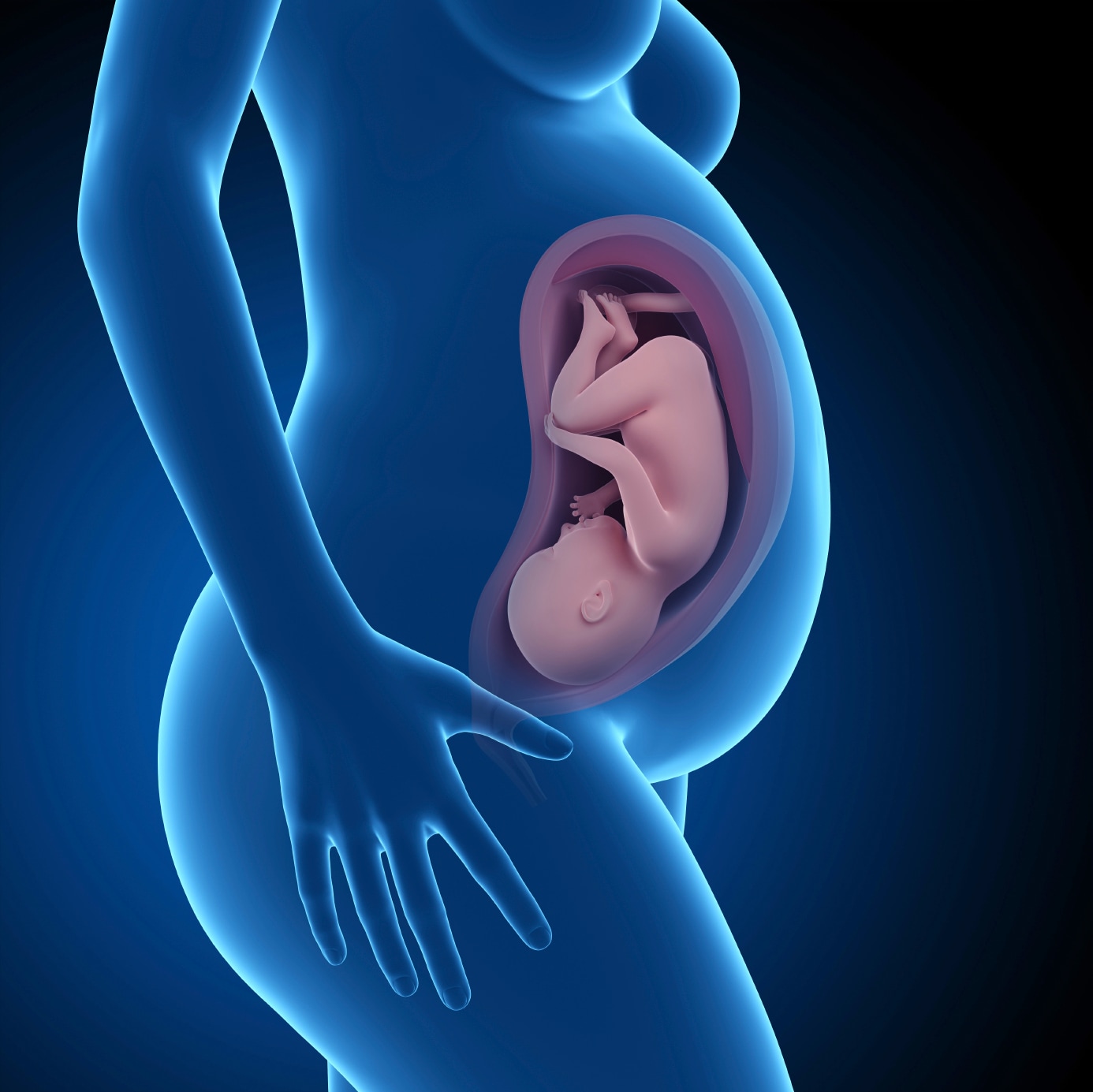Polycystic ovary syndrome (PCOS) is the most frequent endocrine disorder in women and is associated with increased psychological distress. A recent study, published in the journal Psychological Medicine, reports higher prevalence of depression, anxiety and perceived stress in women with PCOS vs those without. Findings also suggest a direct effect of stress on depression and anxiety symptoms in women with PCOS.
This cross-sectional study evaluated women with (n=478) or without (n=8134) a self-reported diagnosis of PCOS. Depression, anxiety and perceived stress were measured using validated scales.
Estimated prevalence of self-reported PCOS was 5.8% (95% CI, 5.3%–6.3%). Compared to women without PCOS, women with PCOS had higher prevalence of clinically significant depression (18.8% vs 27.3%) and anxiety (39.2% vs 50.0%) symptoms and greater score for perceived stress (0.88±0.5 vs 1.06±0.6; P<.001 for all). Women with PCOS were more likely to be depressed (aOR, 1.39; P=.027), anxious (aOR, 1.37; P=.012) and have high level of perceived stress (coefficient β, 0.15; P<.001). A high-level mediation effect of stress between PCOS and both depression and anxiety was observed.
Authors emphasise on considering assessment and management of stress, even at nonclinical levels, in PCOS in addition to depression and anxiety. They commented: “Further research is warranted investigating if women with PCOS were aware of treatment options and strategies to encourage them to seek help for psychological distress.”



